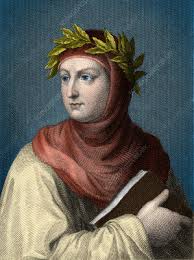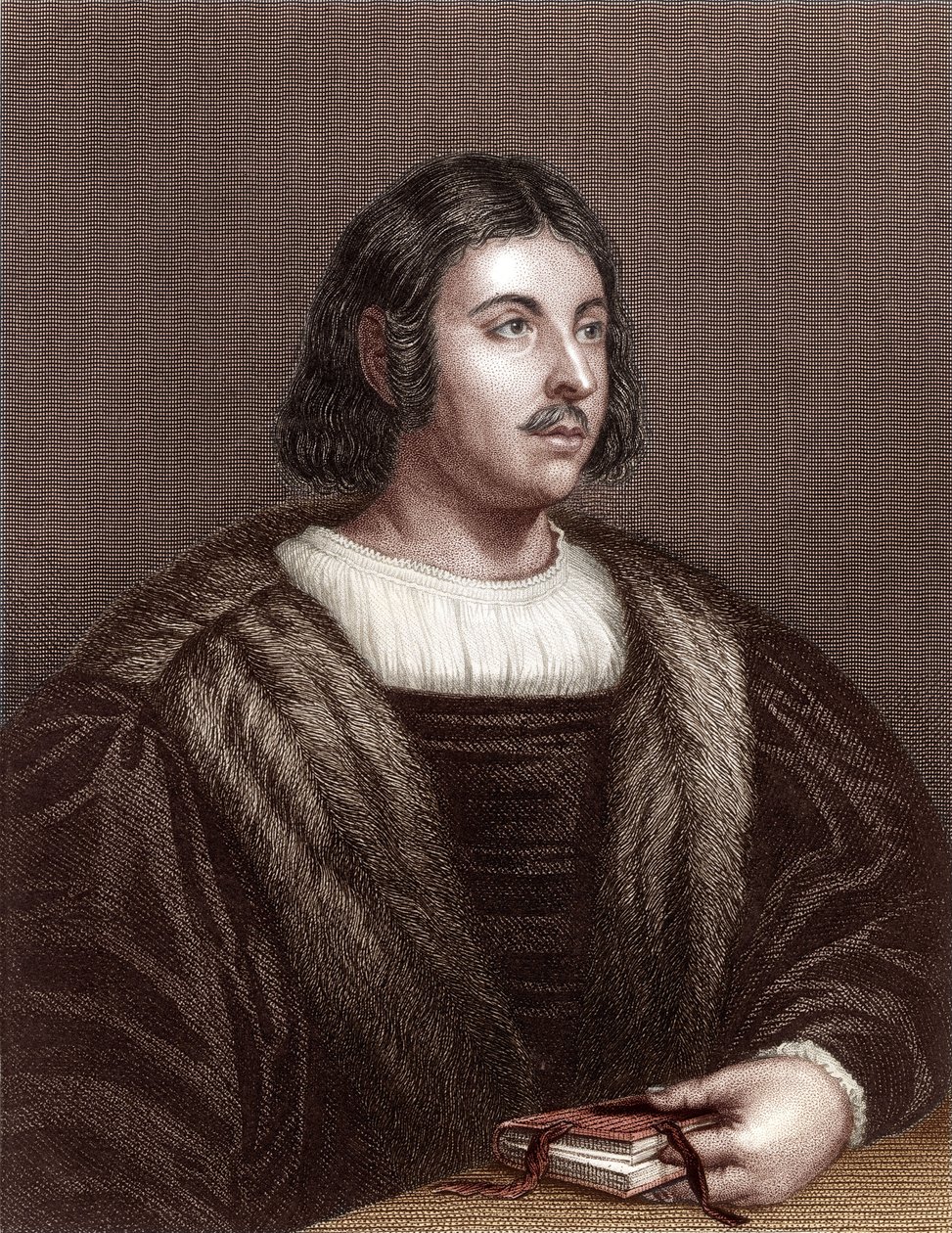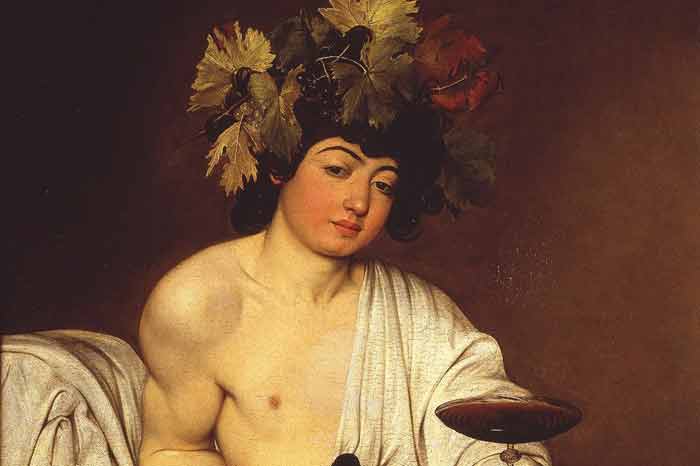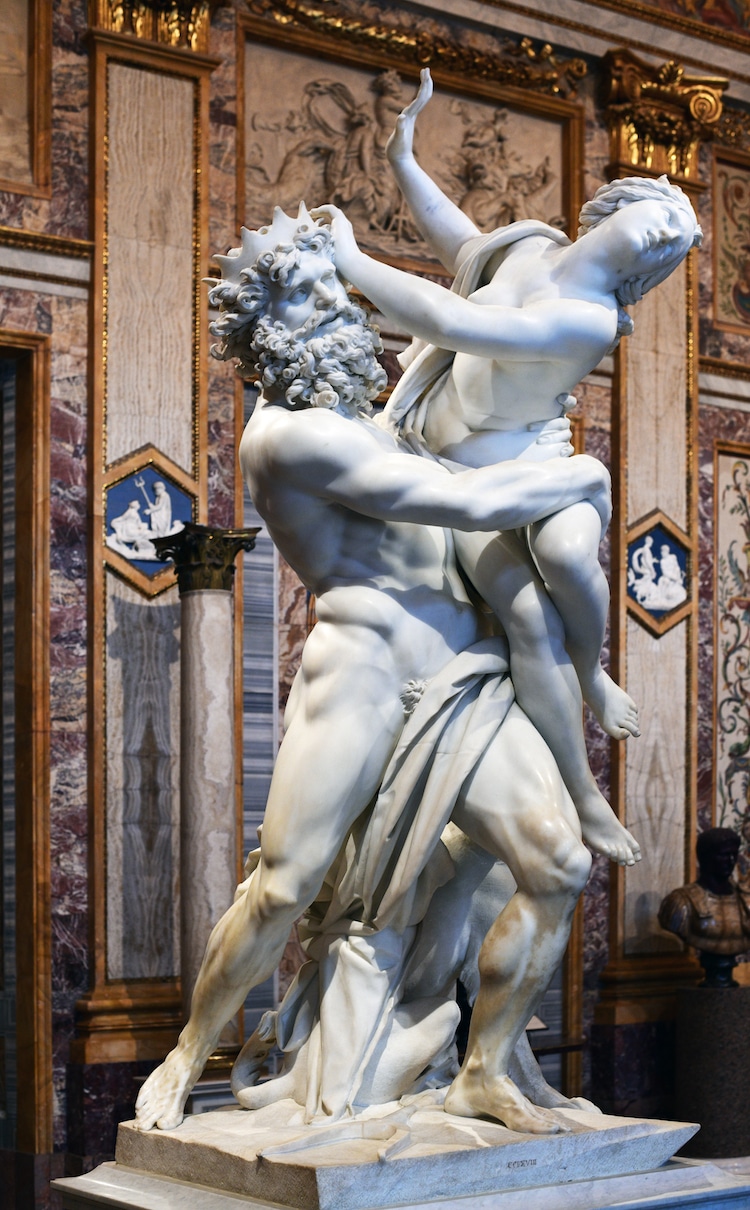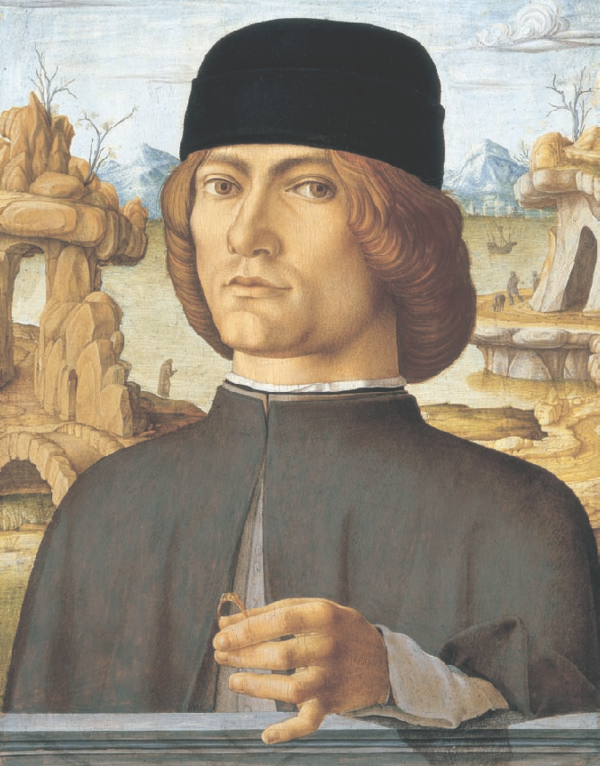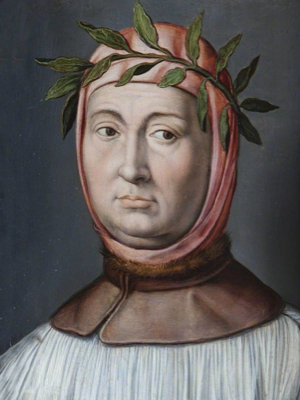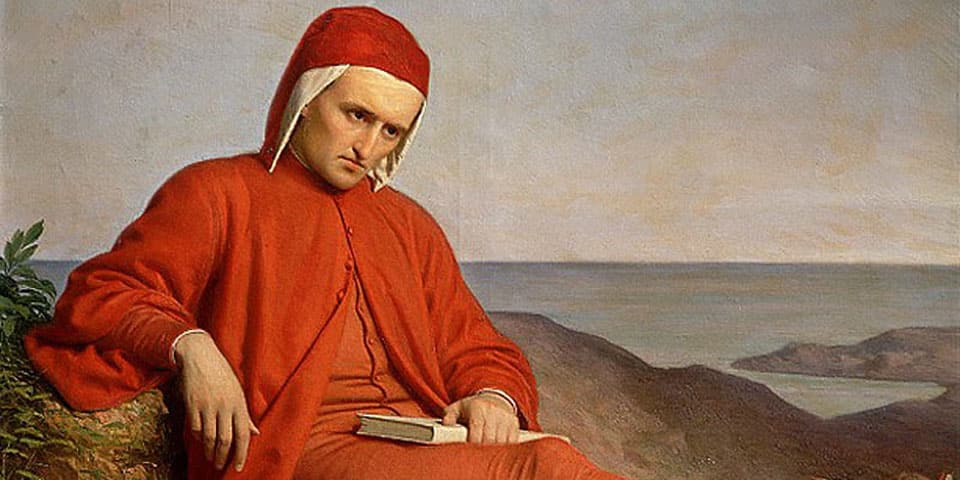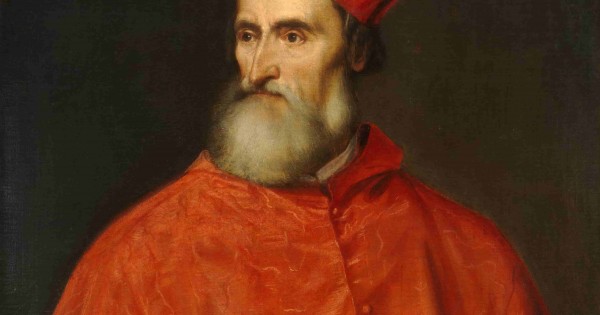Giovanni Boccaccio
Giovanni Boccaccio was an Italian writer, poet, an important Renaissance humanist and one of the most important figures in the European literary panorama of the fourteenth century. Some scholars define him as the greatest European prose writer of his time, a versatile writer who amalgamated different literary trends and genres.
The Decameron
The Decameron is a collection of novellas by the 14th-century Italian author Giovanni Boccaccio (1313–1375). The book contains 100 tales told by a group of seven young women and three young men; they shelter in a secluded villa just outside Florence in order to escape the Black Death, which was afflicting the city. The various tales of love in The Decameron range from the erotic to the tragic. Tales of wit, practical jokes, and life lessons contribute to the mosaic. It provides a document of life at the time. It is considered a masterpiece of classical early Italian prose.
The book's primary title exemplifies Boccaccio's fondness for Greek philology: Decameron combines Greek déka ("ten") and hēméra ("day") to mean "ten-day [event]", referring to the period in which the characters of the frame story tell their tales. Subtitle is Prince Galehaut and sometimes it's nicknamed "the Human comedy".
Story
In Italy during the time of the Black Death, a group of seven young women and three young men flee from plague-ridden Florence to a deserted villa in the countryside of Fiesole for two weeks. To pass the evenings, each member of the party tells a story each night. By the end they have told 100 stories.
Each of the ten characters is charged as King or Queen of the company for one of the ten days in turn. This charge extends to choosing the theme of the stories for that day, and all but two days have topics assigned: examples of the power of fortune; examples of the power of human will; love tales that end tragically; love tales that end happily; clever replies that save the speaker; tricks that women play on men; tricks that people play on each other in general; examples of virtue. Only Dioneo, who usually tells the tenth tale each day, has the right to tell a tale on any topic he wishes, due to his wit. Many commentators have argued that Dioneo expresses the views of Boccaccio himself. Recurring plots of the stories include mocking the lust and greed of the clergy; female lust and ambition on a par with male lust and ambition; tensions in Italian society between the new wealthy commercial class and noble families; and the perils and adventures of traveling merchants.
The commercial and urban values of quick wit, sophistication, and intelligence are treasured, while the vices of stupidity and dullness are cured, or punished. While these traits and values may seem obvious to the modern reader, they were an emerging feature in Europe with the rise of urban centers and a monetized economic system beyond the traditional rural feudal and monastery systems.
The Roman Catholic Church became the satirical source of comedy throughout. This was part of a wider historical trend in the aftermath of the Black Death which saw widespread discontent with the church.
